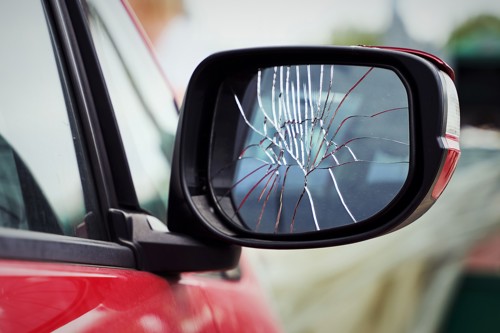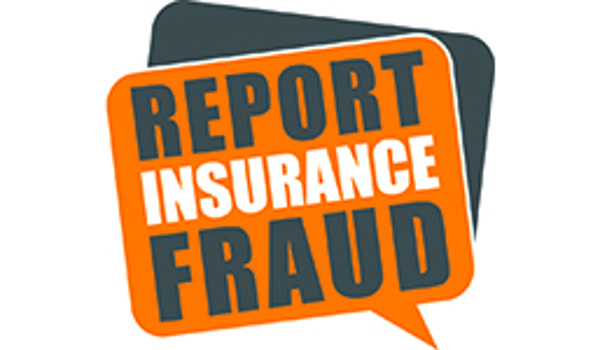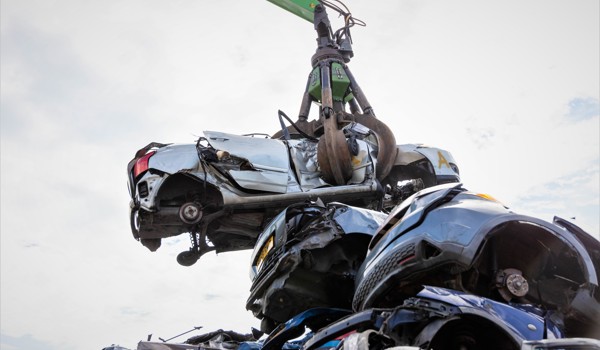Clip for cash scams: the warning signs

Drivers are being urged to know the warning signs of a new type of crash for cash scam involving wing mirrors, which has been spreading across the UK.
Unlike traditional crash for cash scams where fraudsters cause a collision, this new scam dubbed clip for cash, involves scammers accusing innocent drivers of clipping their wing mirror before demanding cash up front.
To tackle the problem, the Insurance Fraud Bureau (IFB) and City of London Police’s Insurance Fraud Enforcement Department (IFED) have launched a national campaign to help motorists spot the warning signs of the scam and report it.
Watch this video to learn more:
How does the scam work?
A clip for cash nearly always takes place on a residential road. As the victim drives by, the fraudster is parked in their car on the left-hand side and throws an object, such as a large rock, at the side of the victim’s car to make an impact sound.
The startled driver is soon flashed by the fraudster’s car to get them to stop, before being accused of clipping their wing mirror (which was already damaged).
The fraudster usually demands the victim hands over cash instantly – which could be as much as £200 – or pressures them into visiting a cashpoint.
What do I do if I'm targeted?
Regardless of whether a genuine road traffic collision has taken place or not, money should never be handed over at the scene. If accused of damaging a wing mirror, insurance details should be swapped as legally required. If there is an imminent risk of danger, call the police.
If someone thinks they have been targeted in a clip for cash scam, they should tell their insurer and local police force. They should also report their concerns to IFB’s CheatLine and Action Fraud: the national fraud and cybercrime reporting service.


